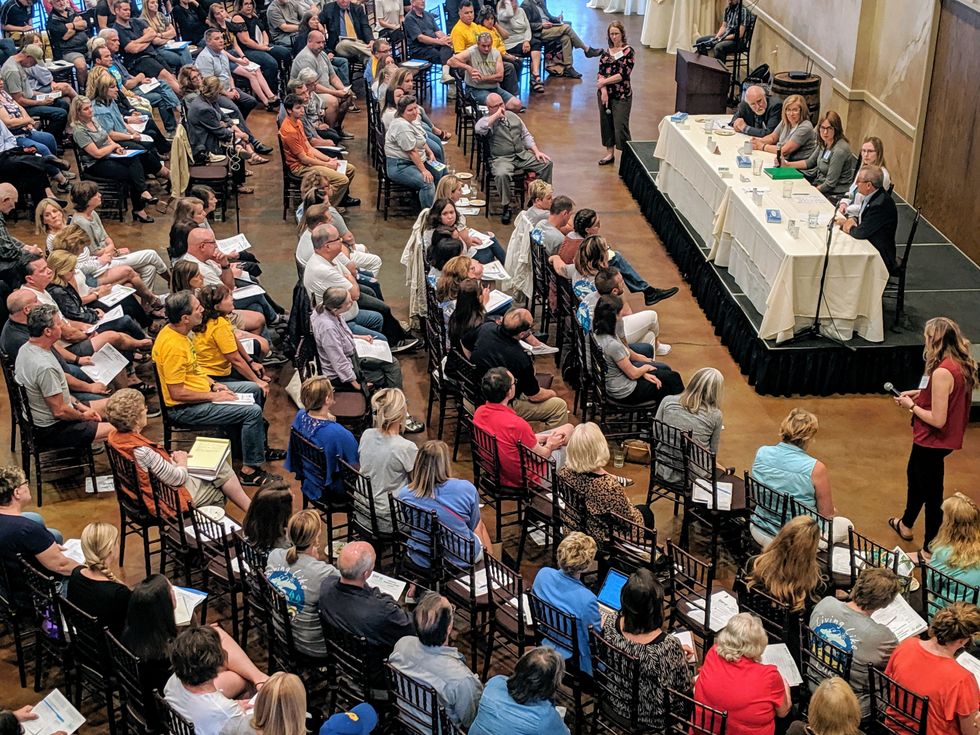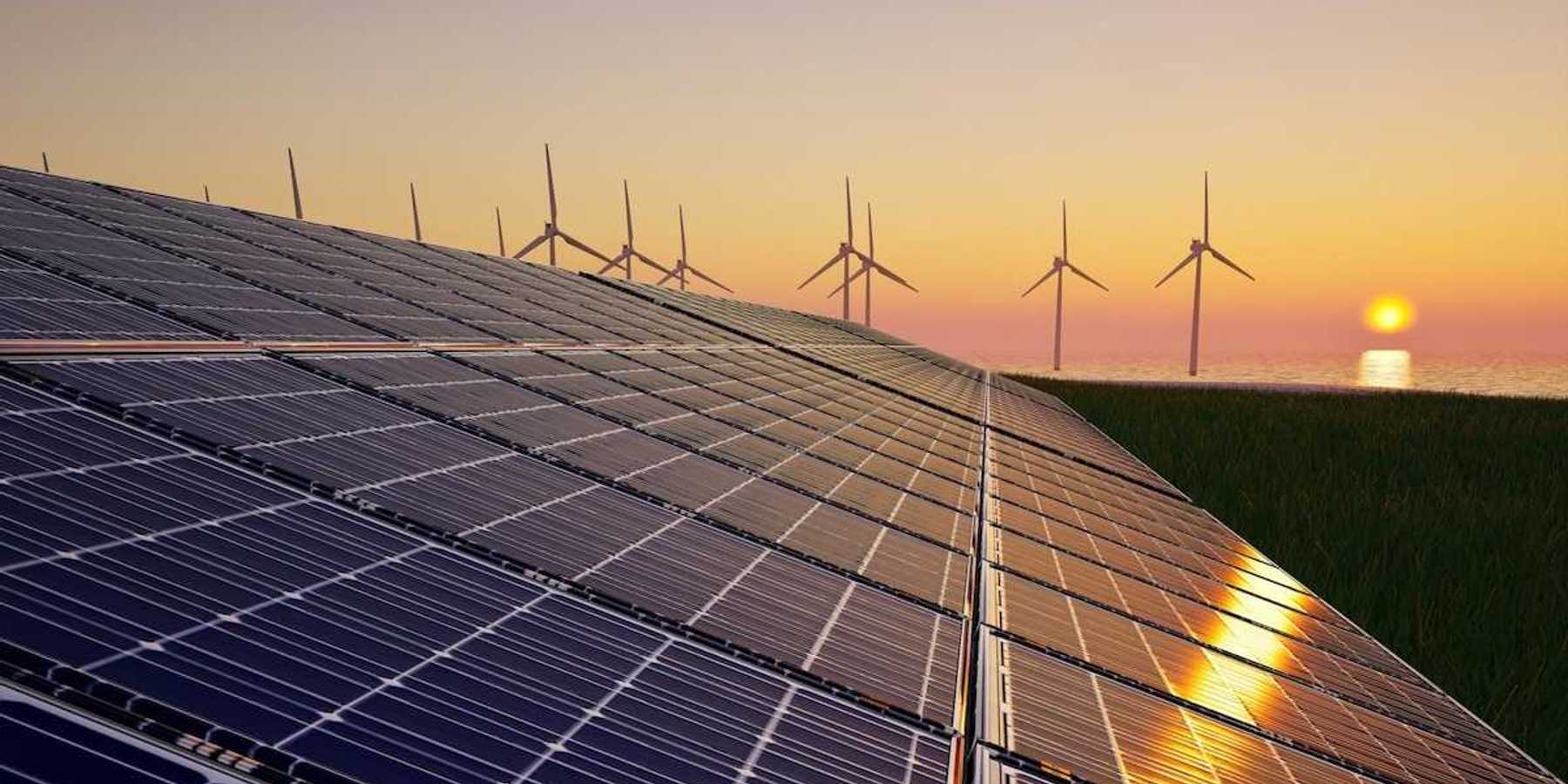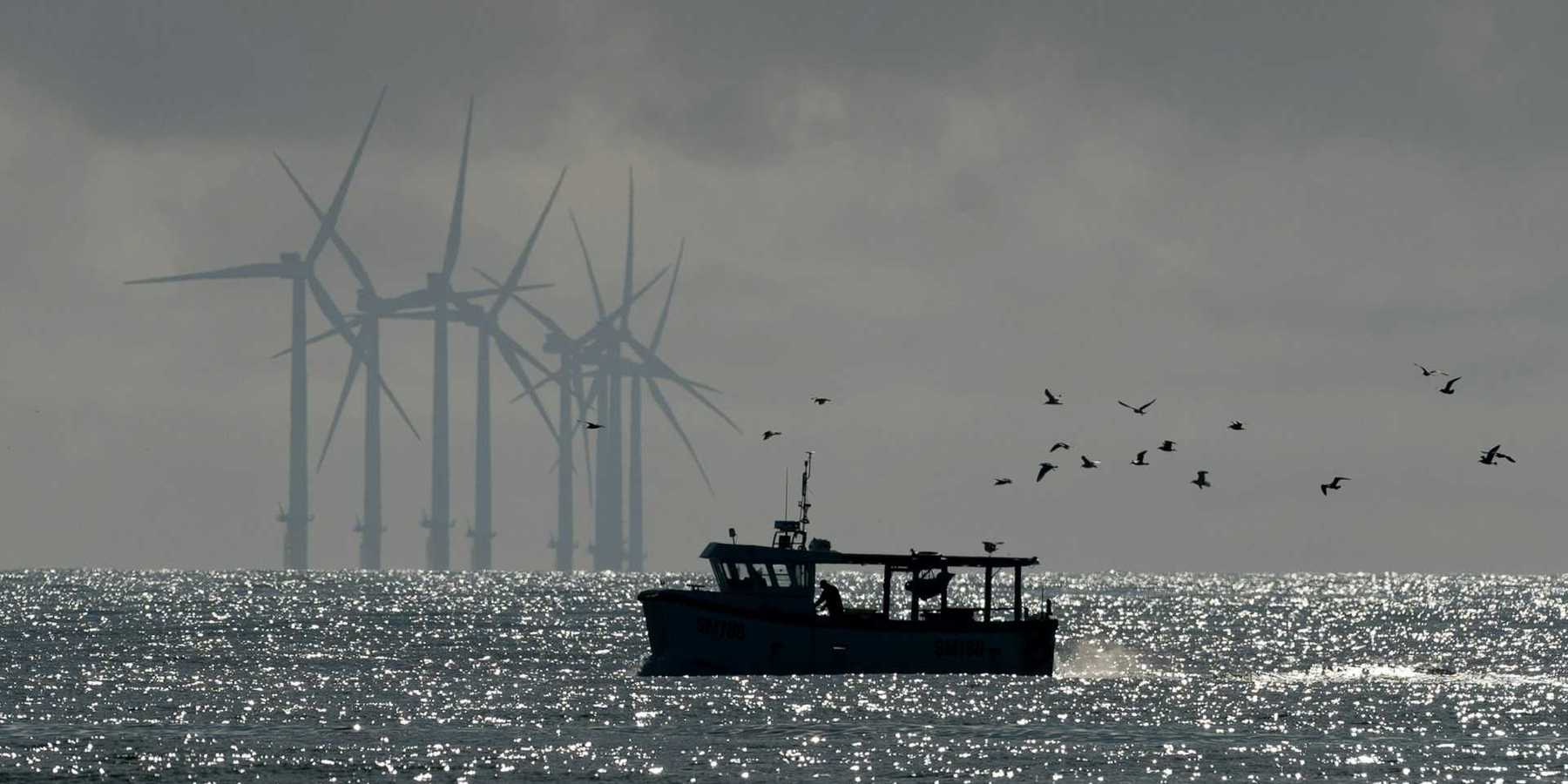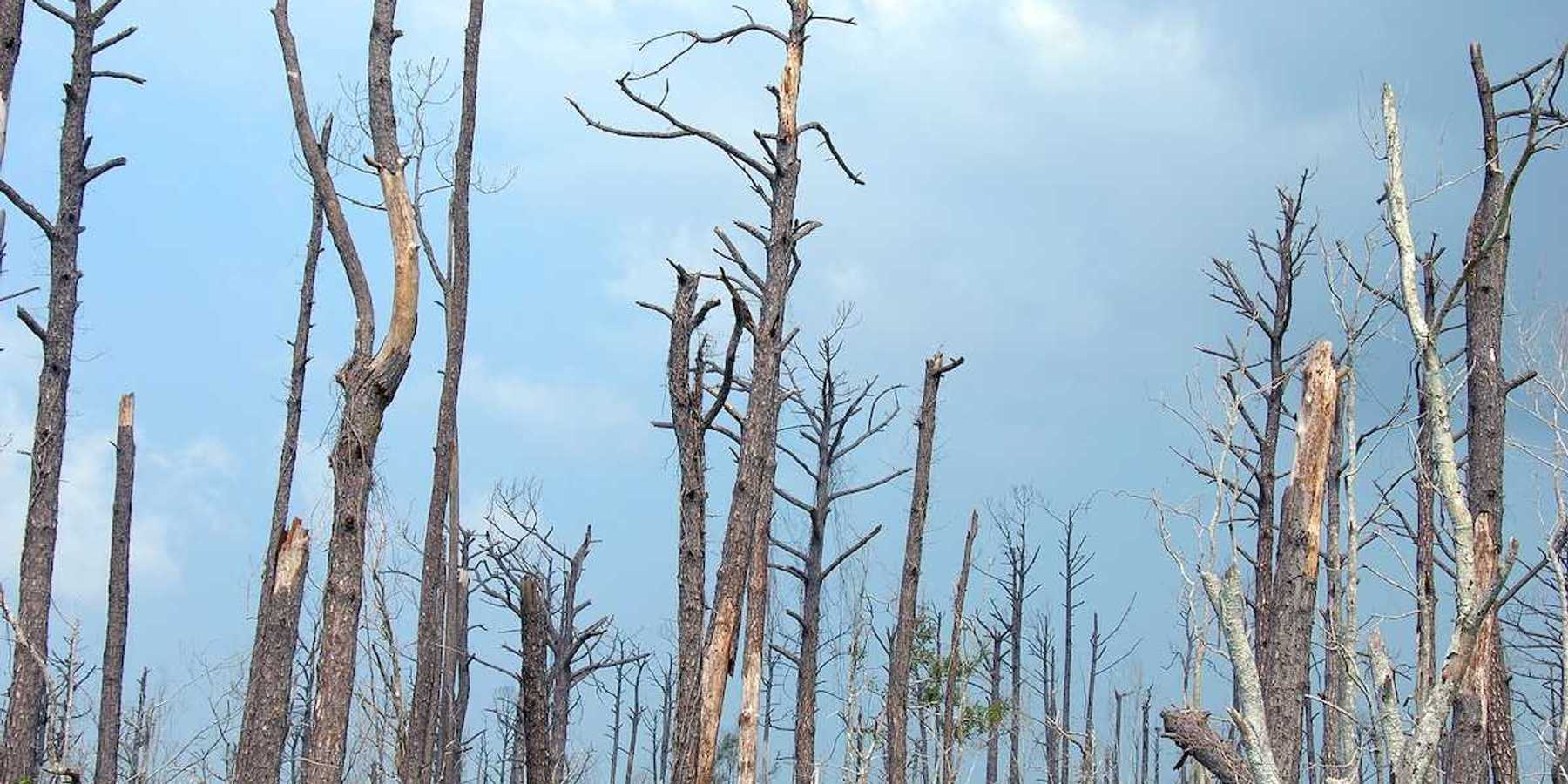
Parents of child cancer victims plead with PA Governor Wolf to attend cancer crisis meeting
350 individuals and 50 groups in Southwestern PA's fracking country are urging the governor to hear from impacted communities
Air pollution creates a high level of cancer risk for residents of Southwestern Pennsylvania, where at least 67 children have been diagnosed with rare cancers in some of the most heavily-fracked counties in the nation. And parents are demanding answers.
A group of rare cancer victims' parents and loved ones, along with dozens of environmental groups and several hundred community members, sent a letter yesterday urging Pennsylvania Governor Tom Wolf to attend a public forum on the crisis at Canon-McMillan High School in Washington County on October 7. Wolf previously declined to launch an official investigation into whether the cancers could be linked to fracking in the region, and has been criticized for endorsing the industry.
"You have a responsibility, both to your constituents who are battling cancer or have lost loved ones, and to the parents of all children who need to know what they can do to protect them from becoming cancer patients by the time they are young adults," the letter states.
The rash of childhood cancer diagnoses, which primarily involve an extremely rare cancer called Ewing sarcoma, was documented by the Pittsburgh Post-Gazette in May. It's unclear what's spurring the illnesses—Ewing sarcoma, which causes tumors in bones and soft tissue, has "no known cause," in part because it's so rare there's little research on it.
Related: Cancer in Pittsburgh—Prevention lags as pollution persists
In June, more than 100 groups wrote a letter urging Governor Wolf to conduct an official investigation. The governor declined, responding with a letter saying his administration would "continue to monitor and study cancer incidents in this area."
In the letter, Wolf stated that the public health effects of fracking are still "inconclusive." Scientists disagree: 84 percent of studies published from 2009-2015 on the health impacts of fracking concluded that the industry causes harm to human health.
"To date," the most recent letter to Wolf reads, "you have refused to listen to the science, to tour the area, or to meet with the families who have been directly affected. It is time for you to witness the impacts firsthand and hear directly from the people who have already suffered so much or are living on edge, unsure of what they can do to avoid being next. They cannot wait years for further study."
Data disagreements

Credit: First community forum on childhood cancer in Southwestern Pennsylvania on June 18, 2019 (Credit: Kristina Marusic)
In his initial response denying the community's request for an investigation, Wolf pointed to a literature review conducted by the Pennsylvania Department of Health in conjunction with Colorado's health department that concluded that the data linking shale gas development and health impacts are inconclusive.
The Southwest Pennsylvania Environmental Health Project, a nonprofit public health organization in Washington County, criticized the methodology used for that study in an open letter to the Pennsylvania Secretary of Health in August.
The Pennsylvania and Colorado health departments' literature review looked at 20 studies. It weighted each study according to its perceived scientific merit using a system that rates observational studies—studies observing and documenting data from real-life situations—as starting at "low quality," and randomized controlled trials—studies randomly selecting people for clinical interventions, such as medication or surgery—as "high quality."
Related: Kids in Southwestern Pennsylvania are exposed to carcinogenic coke oven emissions at shockingly higher rates than the rest of the country
"This is based on the relative merit of the two types of studies when both are applicable," the August letter to the Secretary of Health from the Southwestern Pennsylvania Environmental Health Project stated. "In environmental exposure scenarios, however, randomized controlled trials are not just difficult; they're impossible."
They concluded that the literature review was faulty since it used a model that's not used in environmental public health, but in making clinical health care decisions.
Neither the Pennsylvania Department of Health nor the Governor have responded to that letter.
Physicians sign on
A number of physicians have joined impacted community members and advocacy groups in singing onto the most recent letter urging Governor Wolf to attend the public forum.
"There is more than enough scientific medical information for Governor Wolf and Health Secretary Levine to take precautionary measures to protect public health by calling for a halt on shale gas extraction until a thorough, unbiased, and transparent investigation is completed on the high rates of rare childhood cancers, including Ewing sarcoma," Ned Ketyer, a pediatrician and consultant at the Southwest Pennsylvania Environmental Health Project, said in a statement.
Tammy Murphy, Medical Advocacy Director of Physicians for Social Responsibility (PSR) Pennsylvania, said, "Any leader of a community experiencing high rates of rare childhood cancers, including Ewing sarcoma, would be expected to arrive in-person, on-site and launch an immediate, thorough, unbiased, and transparent investigation."
"If it was a natural disaster," she added, "the Governor would be there on-site and in-person, at least for the photo-op."













